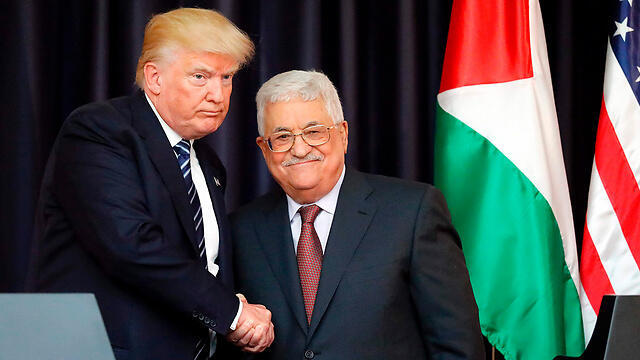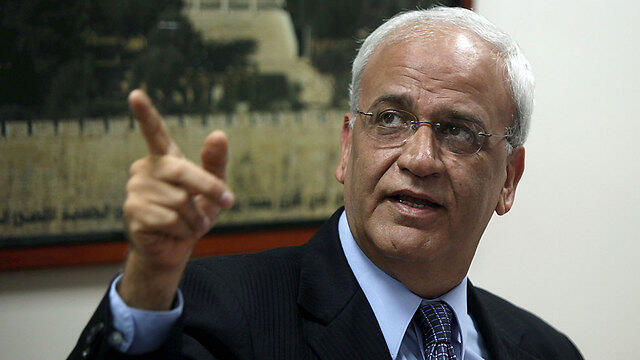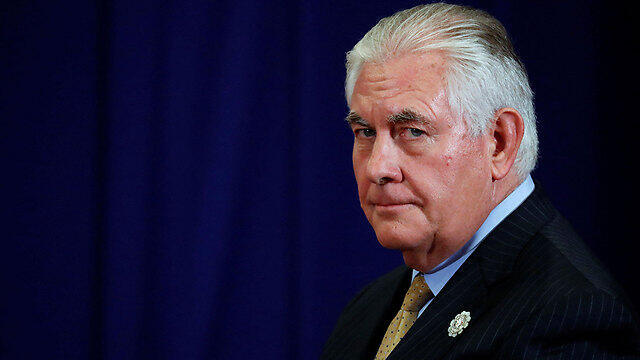Getting your Trinity Audio player ready...
"What is the use of holding any meetings with them when they close our office? Our meetings begin from our office, and the arrangements are there," Palestinian foreign minister Riyad al-Malki stated.
"In practice by closing the office they are freezing all meetings and we are making that official."
Palestinian diplomat Saeb Erekat on decision to freeze ties with Washington
A spokesman for the Palestine Liberation Organisation (PLO) confirmed that it had received instructions from Palestinian Authority President Mahmud Abbas "regarding closing down all communication lines with the Americans".
The US consulate in Jerusalem declined to comment on Tuesday, instead referring back to a statement on Saturday, which said it was hopeful that any "closure will be short-lived." It further stressed that "we are not cutting off relations with the PLO."
The PLO, which the international community sees as representing all Palestinians, must have its permission to operate premises in the US capital renewed by the State Department every six months. Last week, however, the department refused to renew its permit.
A State Department official stated that in September, Abbas crossed the line by calling on the International Criminal Court (ICC) to prosecure Israelis, thereby bringing about the US's decision to not to renew the permit: this in light of a 2015 US Congress provision that says Palestinians may not try to influence the ICC concerning investigations into Israelis.
In actuality, it was US Secretary of State Rex Tillerson who determined last week that the Palestinians ran afoul by trying to get theICC to prosecute Israelis.
Top Palestinian official Saeb Erekat responded in a video to the US "This is very unfortunate and unacceptable. This is (the result of—ed) pressure being exerted on this administration by the Netanyahu government at a time we are trying to cooperate the acheive 'the ultimate deal.'"
It is worth noting that the US's declaration declaration does not automatically mean the mission will close: Trump has a 90-day window to decide whether "the Palestinians have entered into direct, meaningful negotiations with Israel"—in which case he can waive the requirement to shutter the office.
Even if the office closes, the US said it wasn't cutting off relations with the Palestinians and was still focused on "a comprehensive peace agreement between the Israelis and the Palestinians." A State Department official said in an email that "this measure should in no way be seen as a signal that the US is backing off those efforts." The official wasn't authorized to be identified by name and requested anonymity.
First published: 18:04, 11.21.17







